Foreign
David Lynch, legendary filmmaker, dies at 78
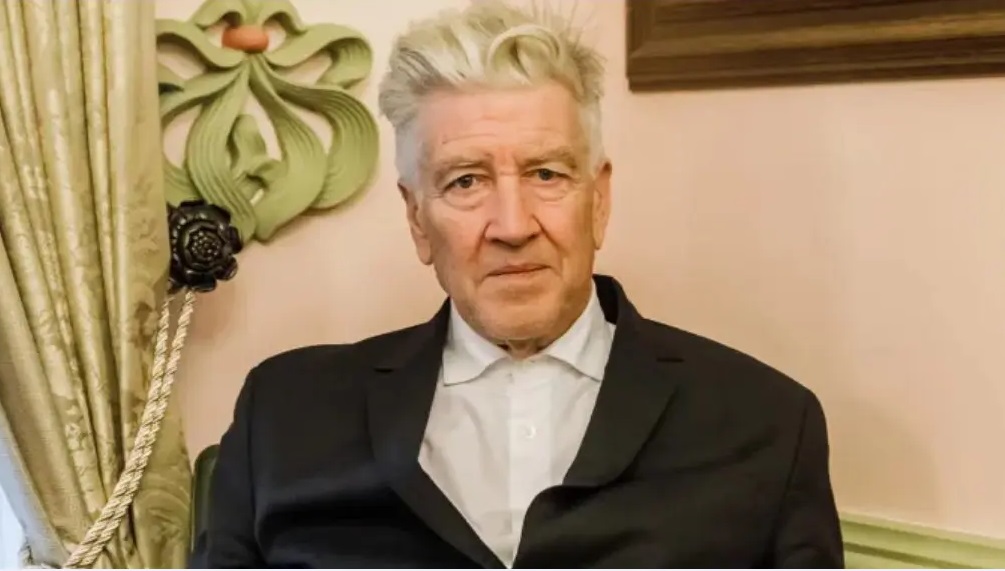
David Lynch, the filmmaker celebrated for his uniquely dark and dreamlike vision in such movies as “Blue Velvet” and “Mulholland Drive” and the TV series “Twin Peaks,” has died just days before his 79th birthday.
His family announced the death in a Facebook post on Thursday.
“There’s a big hole in the world now that he’s no longer with us. But, as he would say, ‘Keep your eye on the donut and not on the hole,’” the family’s post read. “It’s a beautiful day with golden sunshine and blue skies all the way.”
The cause of death and location was not immediately available. Last summer, Lynch had revealed to Sight and Sound that he was diagnosed with emphysema and would not be leaving his home because of fears of contracting the coronavirus or “even a cold.”
“I’ve gotten emphysema from smoking for so long and so I’m homebound whether I like it or not,” Lynch said, adding he didn’t expect to make another film.
“I would try to do it remotely, if it comes to it,” Lynch said. “I wouldn’t like that so much.”
Lynch was a onetime painter who broke through in the 1970s with the surreal “Eraserhead” and rarely failed to startle and inspire audiences, peers and critics in the following decades. His notable releases ranged from the neo-noir “Mulholland Drive” to the skewed gothic of “Blue Velvet” to the eclectic and eccentric “Twin Peaks,” which won three Golden Globes, two Emmys and even a Grammy for its theme music. Pauline Kael, the film critic, called Lynch “the first populist surrealist — a Frank Capra of dream logic.”
“‘Blue Velvet,’ ‘Mulholland Drive’ and ‘Elephant Man’ defined him as a singular, visionary dreamer who directed films that felt handmade,” director Steven Spielberg said in a statement. Spielberg noted that he had cast Lynch as director John Ford, one of his early influences, in his 2022 film “The Fabelmans.”
“It was surreal and seemed like a scene out of one of David’s own movies,” Spielberg said. “The world is going to miss such an original and unique voice.”
“Lynchian” became a style of its own, yet one that ultimately belonged only to him. Lynch’s films pulled disturbing surrealistic mysteries and unsettling noir nightmares out of ordinary life. In the opening scenes of “Blue Velvet,” among suburban homes and picket fences, an investigator finds a severed ear lying in a manicured lawn.
Steven Soderbergh, who told The Associated Press on Thursday that he was a proud owner of two end tables crafted by Lynch (his numerous hobbies included furniture design), called “Elephant Man” a perfect film.
“He’s one of those filmmakers who was influential but impossible to imitate. People would try but he had one kind of algorithm that worked for him and you attempted to recreate it at your peril,” Soderbergh told the AP. “As non-linear and illogical as they often seemed, they were clearly highly organized in his mind.”
Lynch never won a competitive Academy Award. He received nominations for directing “The Elephant Man,” “Blue Velvet” and “Mulholland Drive” and, in 2019, was presented an honorary Oscar for lifetime achievement.
“To the Academy and everyone who helped me along the way, thanks,” he said at the time, in characteristically off-beat remarks. “You have a very nice face. Good night.”
His other credits included the crime story “Wild at Heart,” winner of the Palme d’Or at the Cannes Film Festival; the biographical drama “The Elephant Man” and the G-rated, aptly straightforward “The Straight Story.” Actors regularly appearing in his movies included Kyle McLachlan, Laura Dern, Naomi Watts and Richard Farnsworth.
Lynch was a Missoula, Montana, native who moved around often with his family as a child and would long feel most at home away from the classroom, free to explore his fascination with the world. Lynch’s mother was a English teacher and his father a research scientist with the U.S. Agriculture Department. He was raised in the Pacific Northwest before the family settled in Virginia. Lynch’s childhood was by all accounts free of trauma. He praised his parents as “loving” and “fair” in his memoir, though he also recalled formative memories that shaped his sensibility.
One day near his family’s Pacific Northwest home, Lynch recalled seeing a beautiful, naked woman emerge from the woods bloodied and weeping.
“I saw a lot of strange things happen in the woods,” Lynch told Rolling Stone. “And it just seemed to me that people only told you 10% of what they knew and it was up to you to discover the other 90%.”
He had an early gift for visual arts and a passion for travel and discovery. He dropped out of several colleges before enrolling in the Pennsylvania Academy of the Fine Arts, beginning of a decade-long apprenticeship as a maker of short movies. He was working as a printmaker in 1966 when he made his first film, a four-minute short named “Six Men Getting Sick (Six Times).” That and other worked landed Lynch a place at the then-nascent American Film Institute.
There he began working on what would become his 1977 feature debut, “Eraserhead.”
“David’s always had a cheerful disposition and sunny personality, but he’s always been attracted to dark things,” a childhood friend is quoted as saying in “Room to Dream,” a 2018 book by Lynch and Kristine McKenna. That’s one of the mysteries of David.”
Aside from furniture making and painting, Lynch was a coffee maker, composer, sculptor and cartoonist. He exuded a Zen peacefulness that he attributed to Transcendental Meditation, which his David Lynch Foundation promoted. In the 2017 short film “What Did Jack Do?” he played a detective interrogating a monkey.
Lynch was himself a singular presence, almost as beguiling and deadpan as his own films. For years, he posted videos of daily weather reports from Southern California. When asked for analysis of his films, Lynch typically demurred.
“I like things that leave some room to dream,” he told the New York Times in 1995. “A lot of mysteries are sewn up at the end, and that kills the dream.”
Foreign
Journalists rally against White House’s decision to modify allocation of seats in briefing room

The White House said Monday it is “seriously considering” taking control of deciding which journalists get seats in the famed briefing room, in the latest bid by President Donald Trump’s administration to exert power over the media.
The 49 spots in the press room, where spokespeople, officials and occasionally the president take the podium, have long been allocated by the non-partisan group of independent journalists, the White House Correspondents Association.
White House Press Secretary Karoline Leavitt accused the WHCA of trying to maintain a “monetized monopoly over the briefing room.”
“As for switching up seating in the briefing room, it’s something we are seriously considering,” she told Fox News.
“The briefing room is part of the People’s House, it belongs to the American people. It does not belong to elitist journalists here in Washington DC.”
News outlet Axios reported earlier that the White House wanted to take control of the seating chart to give more prime front-of-room spots to new media, and move some legacy outlets further back.
The WHCA, of which AFP is a member, opposed the “wrong-headed” move.
“The reason the White House wants control of the briefing room is the same reason they took control of the pool: to exert pressure on journalists over coverage they disagree with,” WHCA President Eugene Daniels said in a statement.
The WHCA and the White House both said they had tried to broker a meeting on the issue.
It is the latest effort by the White House to shape who covers Trump after taking control from the WHCA in February of the “pool” that covers the president in the Oval Office and when he travels on Air Force One.
The White House has added access to the pool for new and in several cases openly pro-Trump media, while reducing access to mainstream organisations.
It also continues to bar the Associated Press news agency from almost all presidential events as it refuses to refer to the Gulf of Mexico as the “Gulf of America,” the name newly decreed by Trump.
AFP
Foreign
Ghana: Govt cancels sale of diplomatic properties in Nigeria, Zambia

The Ghanaian government has canceled two transactions initiated by the previous administration under the leadership of former president Nana Akufo-Addo to sell Ghanaian diplomatic properties in Nigeria and Zambia.
“Yesterday I informed Parliament that with the full backing of President Mahama, we have cancelled two transactions initiated by the previous Akufo-Addo/Bawumia government to sell Ghanaian diplomatic properties in Nigeria and Zambia.” Minister of Foreign Affairs, Hon. Samuel Okudzeto Ablakwa announced on his X.
According to the Member of Parliament for North Tongu, the current administration is determined to retrieve an illegal part payment in one of the transactions.
Adding that those who are involved in these illegal transactions will be sanctioned.
“Determined efforts are underway to retrieve an illegal part payment in one of the transactions. The masterminds, who are currently on the run will surely be found and sanctioned.” He added.
He said the NDC government is committed to their promise that no diplomatic property belonging to the people of Ghana would be sold under President John Dramani Mahama administration.
Hon. Ablakwa warned that none of our diplomatic properties either in Ghana or any of our 71 diplomatic missions abroad are available for sale.
“We mean it when we say no diplomatic property belonging to the people of Ghana would be sold under our watch. Notice is hereby served that none of our diplomatic properties either in Ghana or any of our 71 diplomatic missions abroad are available for sale — hands off!” He stated.
According to him, they will use the principles of Operation Recover All Loots (ORAL) to protect properties belonging to the state as well as the public purse.
“The principles of ORAL, strict abhorrence for State Capture and the national interest shall continue to guide our decisions. For God and Country.” Ablakwa assured.
Source: Elvisanokyenews.net
Foreign
Namibia to enforce visa requirement on U.S citizens
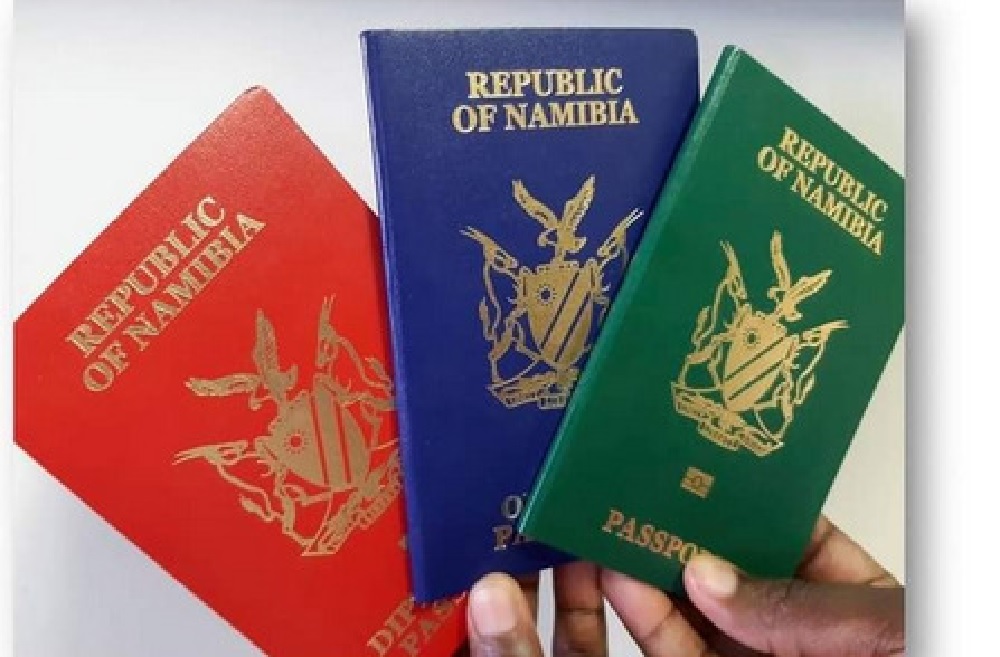
Namibia has imposed visa requirements on U.S. citizen tourists starting from April 1, 2025.
According to the Namibian Government, U.S. citizen tourists who wish to visit the Southern African country should obtain a visa before entering the country.
The U.S Embassy in Namibia posted that US visitors are required to apply for a visa through Namibia’s online visa on arrival portal: https://eservices.mhaiss.gov.na/visaonarrival.
“Beginning April 1, 2025, the Namibian Government will require U.S. citizen tourists to obtain a visa prior to entering the country. Visitors are recommended to apply for their visa in advance of planned travel through Namibia’s online visa on arrival portal: https://eservices.mhaiss.gov.na/visaonarrival. Visitors using this online visa application system must carry a hard copy of their approval notice when they travel.” The Embassy posted.
The Namibian Government added that visitors arriving in Windhoek, Walvis Bay, Katima Mulilo, Ngoma will also have the option of purchasing a tourist visa upon arrival at the respective airport or border crossing point.
“Visitors arriving in Windhoek, Walvis Bay, or entering at high volume border crossing points (e.g., Katima Mulilo, Ngoma) will also have the option of purchasing a tourist visa upon arrival at the respective airport or border crossing point. Namibia’s visa on arrival system is new and implementation details are subject to change.” They added.
The decision by the Namibian government to impose visa requirements on US citizens has met mixed reactions on social media.
While others are commending the government, others have also raised concerns about the negative impact on the Namibia economy as tourism contributes higher income to the government.
Some political actors believe Namibian female President, H.E. Dr. Netumbo Nandi-Ndaitwah took the decision to reciprocate the US government visa restrictions and some Western countries who have denied visa free entry to Namibians.
Source: Elvisanokyenews.net
-

 News3 hours ago
News3 hours agoBREAKING! Finally, Senate lifts suspension on Natasha
-
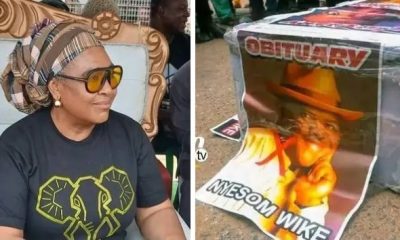
 News21 hours ago
News21 hours agoWike’s Aide reacts as photo appears online, points accusation finger at paid failed actress
-

 News17 hours ago
News17 hours agoFormer HoR member, TeeJay Yusuf calls on IGP, Kogi govt, other agencies to curb rising insecurity in Okun-Yoruba
-

 News15 hours ago
News15 hours agoSad! Popular actor, Richard Chamberlain is dead
-
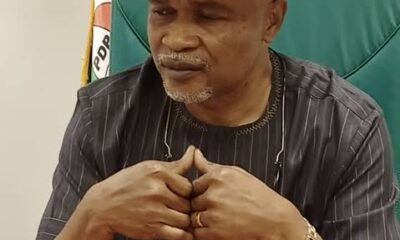
 News12 hours ago
News12 hours agoReps Minority Caucus Condemns Killings in Edo State
-
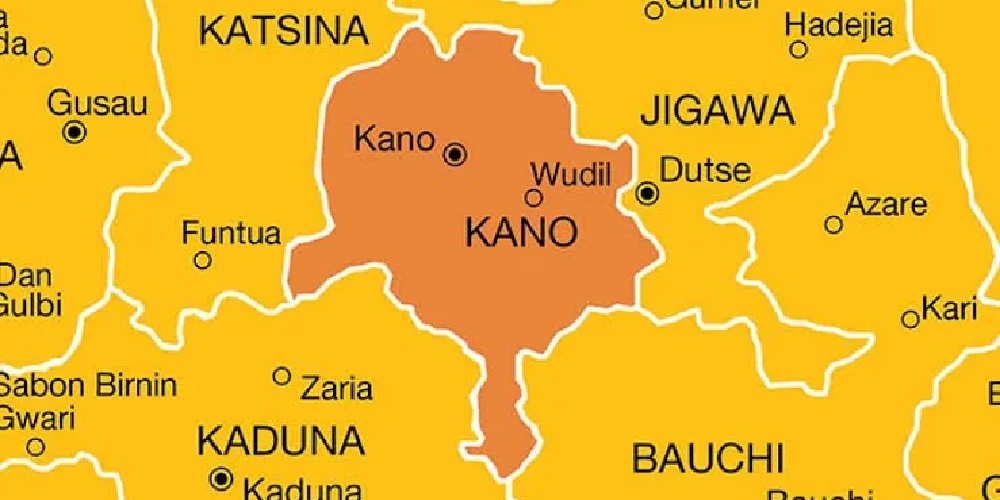
 News18 hours ago
News18 hours agoEdo Killings: Kano Govt Sends Fact-Finding Delegation, Demands Justice
-

 News15 hours ago
News15 hours agoMali, Niger, Burkina Faso Impose 0.5% Levy On Goods From ECOWAS Nations
-

 News18 hours ago
News18 hours agoJust in: Popular Osun Monarch Joins Ancestors
















